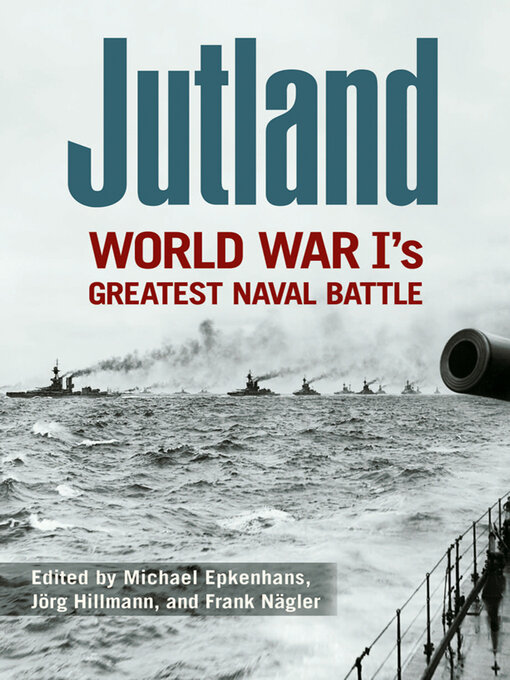“The essential reappraisal of this seminal event in twentieth-century naval history . . . a ‘must have’ book for the Great War enthusiasts.” —Lone Star Review
After months of skirmishes between Britain’s Royal Navy Grand Fleet and the German Navy’s outnumbered High Seas Fleet, conflict erupted on May 31, 1916, in the North Sea near Jutland, Denmark, in what would become the most formidable battle in the history of the Royal Navy.
In Jutland, international scholars reassess the strategies and tactics employed by the combatants as well as the political and military consequences of their actions. Most previous English-language military analysis has focused on British admiral Sir John Jellicoe, who was widely criticized for excessive caution and for allowing German vice admiral Reinhard Scheer to escape; but the contributors to this volume engage the German perspective, evaluating Scheer’s decisions and his skill in preserving his fleet and escaping Britain’s superior force.
Together, the contributors lucidly demonstrate how both sides suffered from leadership that failed to move beyond outdated strategies of limited war between navies and to embrace the total war approach that came to dominate the twentieth century. The role of memory—comparing the way the battle has been portrayed in England and Germany—is also examined. Jutland is “suited not only for scholars, but also for a wider audience interested in knowing more about both the war at sea in World War I and its greatest contest” (Eric Osborne, author of The Battle of Heligoland Bight).
“The documentation and scholarship reflected in these articles is outstanding.”—Paul Halpern, author of A Naval History of World War I
- Biography & Memoir
- History
- Personal Development
- Military Interest
- Country Studies
- Climate & Environment
- Cyber Topics
- Future Concepts
- Army Reading Lists
- Leadership
- Biography Audiobooks
- Health Related
- Resilience
- See all

